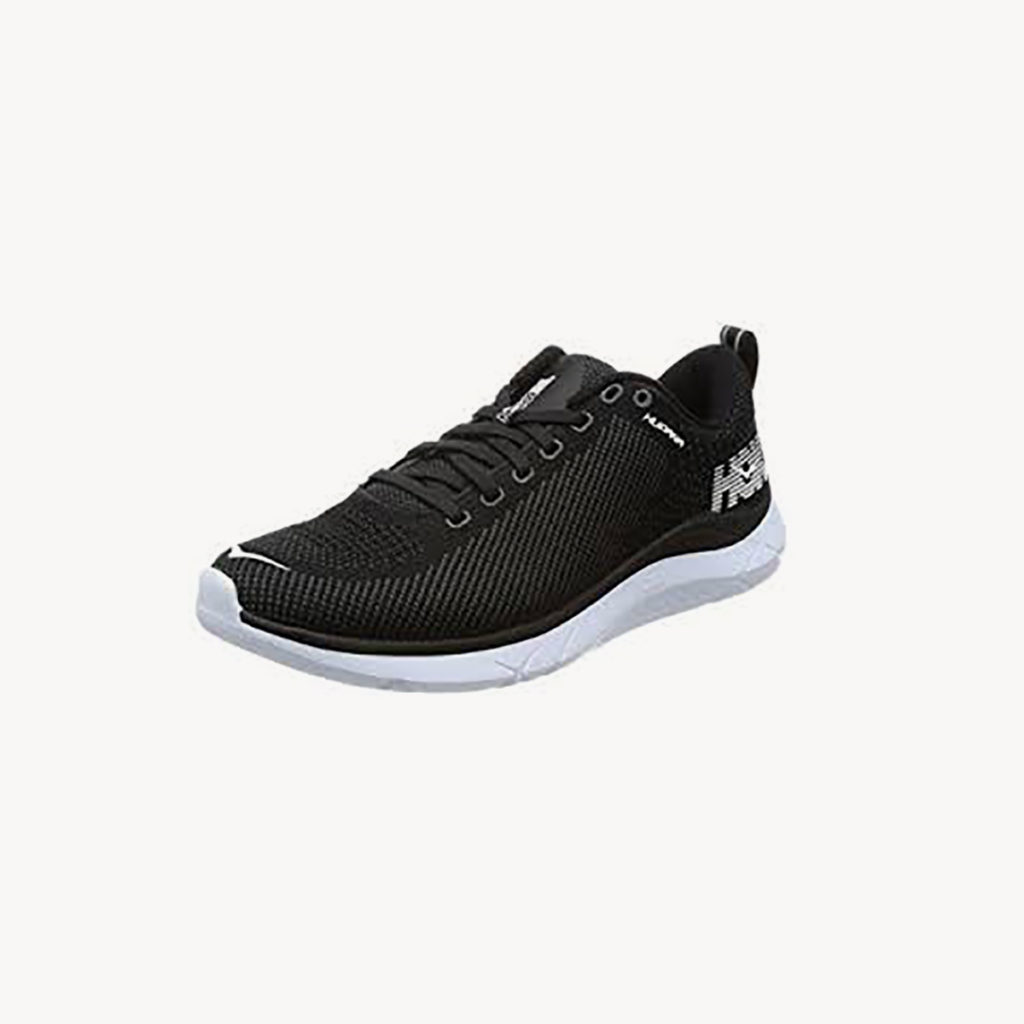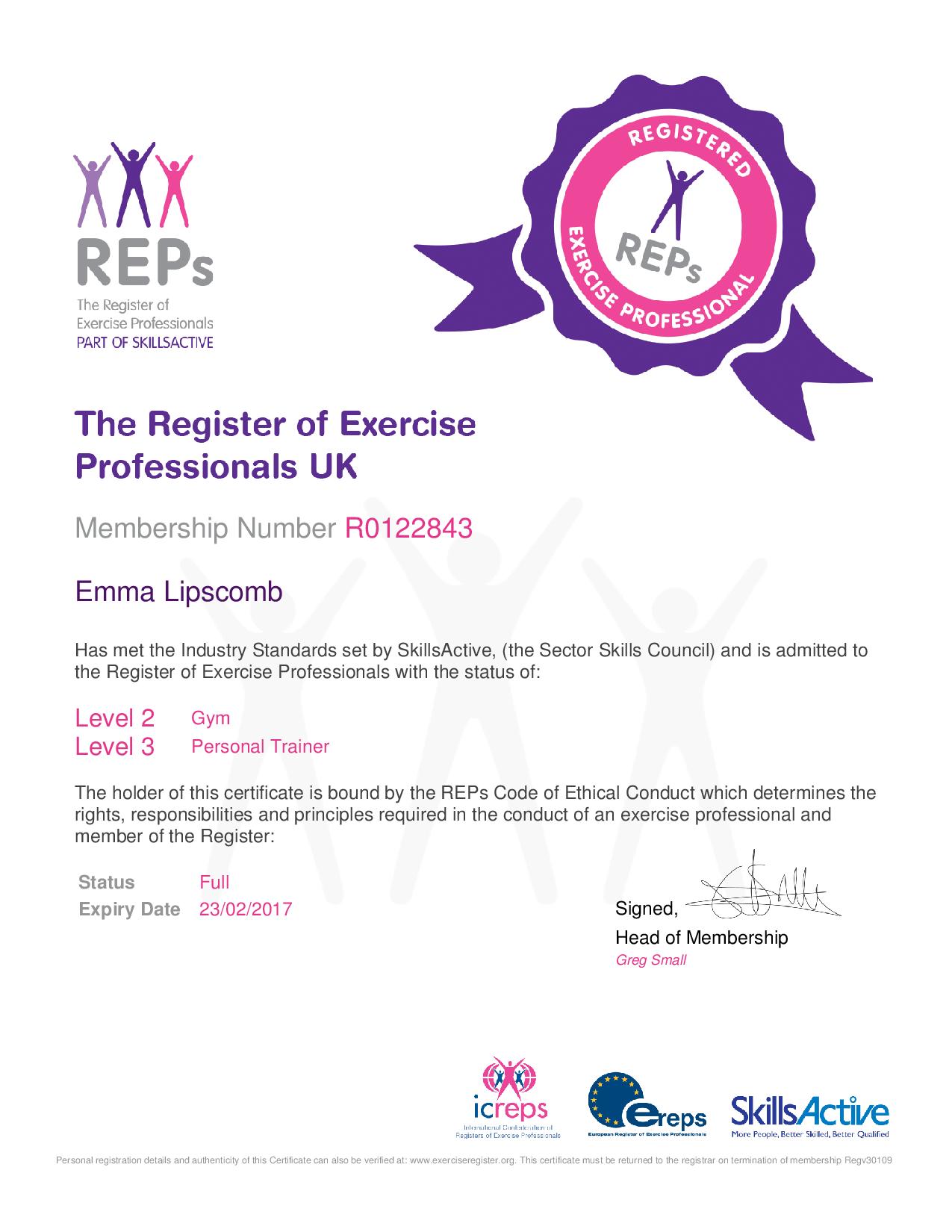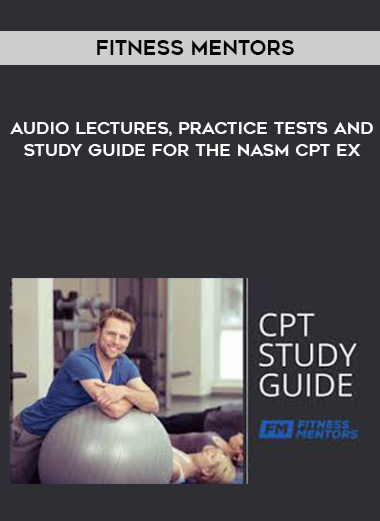
Denver is a great place to find a job as personal trainer. You will find many personal trainer positions in the metropolitan area. North Central Colorado is another great place to seek employment. This area was home to the second most personal trainer jobs in Colorado.
Locations
You have many options when searching for Denver Personal Trainer jobs. There are many great places to search in the nearby areas. Many of these cities offer many opportunities to work in fitness and health clubs. Denver personal trainers make an average of $98K annually.
Colorado is home for a large amount of personal training professionals. Colorado had 7,512 personal trainers as of 2013. This is the fourth-highest number in the nation. Denver's personal trainers are available at local gyms and with national chain employers. Twenty-four Hour Fitness, for example, has 15 locations in Colorado.
Salary
When it comes to a good salary for a personal trainer, the Denver area is a great place to work. According to the Colorado Department of Labor and Employment, there were 7,512 personal fitness professionals employed in the state in 2013. Denver is therefore the fourth most important state-wide employment center for personal trainers.

The average salary of personal trainers in Denver, Colorado is $50K. But, you might be able earn more if your job is in a more senior position. As an example, you might be a Senior Technical Trainer or Applications Trainer, or as an Analytics Trainer. Your location and work experience will determine how much you earn each year.
Requirements
If you are interested in becoming a personal trainer in Denver, you have a few options. You can work one-on-one with a client or train large groups. Regardless of the type of training you do, there are several requirements that must be met in order to succeed.
Certification is the first requirement. The certification should be from a nationally recognized body. You also need relevant education and experience. The education and training you'll receive should include a lot of detail and illustrations of exercises. Too many certifications focus on theory and do not provide any practical training. You should also learn about first aid, sports injuries and how to run a personal training company.
Earning potential
Personal trainers assist clients in improving their fitness levels. Some work with professional athletes while others train non-athletes. They design training programs, create rapport with clients, provide fitness evaluations, and develop custom training plans. They can also provide nutritional counseling or help clients with their exercise routines. This is a rewarding career that can lead to fulfillment.
In Colorado, the number of personal trainers is relatively high. According to the Colorado Department of Labor and Employment in 2013, there were 7,512 personal trainers in Colorado. This makes Colorado one of the most desirable states for personal trainers. The Denver metropolitan area had 47 percent of Colorado's personal training jobs in 2013. In addition, the city ranked eighth among all states for employment of personal trainers.

Perks
If you are interested in working for a fitness company, personal trainer jobs in Denver may be a good choice. This job requires you to develop strong relationships with clients. You must get to know each client and recommend the best fitness program for them. Your company will set expectations regarding your productivity. Teaching skills are essential to your success in this field. Furthermore, you need to have the ability motivate people of all fitness levels.
Denver-based fitness businesses offer a variety of perks for their employees. Chuze Fitness gives its full-time employees a $401K after a year. The company is an Equal Opportunity Employer, and will consider all applicants based on merit. Some positions may also be subject to background checks.
FAQ
Can exercise help me lose weight?
Yes. Regular exercise will help to reduce weight by burning more calories. Exercising can increase your metabolism so that you can burn calories even when you're not working out.
Do I need food before I exercise?
No. No. However, if you're hungry after working out, you might want to snack on something light like fruit or yogurt.
Do I need warmth before I exercise?
Warming up before you start an activity will reduce muscle soreness. Warming up can take many forms, including walking, running or jumping rope, stretching, or cycling. You can start slowly and increase your intensity gradually.
How many hours of sleep should you get each night?
The recommended amount of sleep varies depending on age, gender, and individual needs. Most adults need 7 to 9 hours of sleep per day. Teenagers and children typically need about 10 hours of sleep per night, but this number decreases as they grow older.
How can I start with fitness?
Start small. Start small by walking around the block for 10 minutes every day. This will give you basic movement patterns and give your muscles time to adapt to the new routine. Once you are comfortable with this form of exercise and have gained some experience, you can start adding steps to your daily workout routine.
What does nutrition do for your body?
By providing all the nutrients necessary for growth and development, nutrition helps your body function well. You can ensure adequate nutrition by eating a balanced diet rich in fruits and vegetables, lean meats, whole grains, and healthy oils.
Statistics
- Physical activity confers the following maternal and fetal health benefits: a decreased risk of pre-eclampsia, gestational hypertension, gestational diabetes (for example, 30% reduction in risk) (who.int)
- Adolescent girls were less active than adolescent boys, with 85% vs. 78% not meeting WHO recommendations of at least 60 minutes of moderate to vigorous intensity physical activity per day. (who.int)
- In high-income countries, 26% of men and 35% of women were insufficiently physically active, as compared to 12% of men and 24% of women in low-income countries. (who.int)
- Globally, 81% of adolescents aged 11-17 years were insufficiently physically active in 2016. (who.int)
External Links
How To
How To Burn Belly Fats Faster
Belly Fat is usually seen as a problem when we want to lose weight. It's actually a good thing, in fact. Your organs are protected from being damaged by excess belly fat. Let's find out how to lose belly fat quickly.
The two main factors that make us store body fat are stress and lack of exercise. Because stress stimulates the release of cortisol hormone, it makes us hungry all the time. Cortisol is responsible for an increase in insulin levels. The insulin stores the excess calories as fat. A lack of sleep leads to adrenaline being released into the system which causes an increased appetite. These extra calories are broken down through exercise.
There are many ways to reduce belly fat. You can try any one of them depending upon your budget. Here are some tips to help you get rid of belly fat quickly.
-
You can eat less. Instead of eating three large meals a day, eat smaller meals. You will eat less calories in general.
-
Make sure you drink plenty of water. Water flushes out toxins in your body and helps you stay hydrated. Drinking water before meals will help you feel fuller for longer, so you don't overeat.
-
Avoid unhealthy snacks. If you're looking for quick fixes, snack foods like chips, cookies, candies, etc. This might be tempting. But avoid these fattening treats as they contain lots of empty calories and too much sugar. Choose healthier alternatives such as whole grains, vegetables, fruits, seeds, nuts and seeds.
-
Do strength training exercises at least three times per week. Strength training increases muscle mass, which can help you burn more calories while still resting. It strengthens bones and muscles, ligaments, muscles, tendons, heart, lungs, as well as joints.
-
Walk or stretch regularly. Stretching is a great way to increase flexibility and mobility. This helps reduce back pain. Walking is great for burning calories, especially brisk walking for 30 minutes.
-
Reduce alcohol intake. Avoid alcohol.
-
Slowly lose weight. Your current weight is the first step to losing weight. Calculate your ideal weight by adding approximately 5% to 10% of the total weight. Once you have established your ideal weight, reduce your daily calorie intake by 500 to 1000 calories each day until you achieve your goal.
-
Avoid processed foods. These foods are high on sugar, salt, and additives. These processed foods are often convenient, but they lack enough nutrients for good health.
-
Don't skip breakfast! Eating breakfast improves concentration, memory, and energy level. Breakfast should include protein (like eggs), fiber (like oats), and complex carbohydrates (like oatmeal).
-
Have regular bowel movements. Constipation and irregularity cause bloating and gas. Drink plenty of water to prevent gas and fiber ingestion.